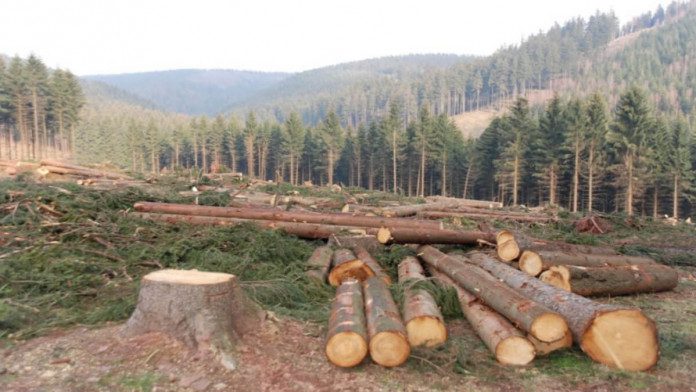News in Brief:
– A study by Nigerian and international researchers revealed a massive loss of forests in Nigeria, with 17,400 square kilometers disappearing between 2000 and 2020.
– This deforestation, driven by reliance on wood fuel, is a major threat to Nigeria’s environment, but the study also found a willingness among local communities to switch to cleaner energy sources if affordable options are available.
A new study by Bayero University Kano (BUK) in collaboration with international partners reveals a significant loss of forest cover in Nigeria.
The research, funded by The Royal Society, estimates that 17,400 square kilometres of forest were lost between 2000 and 2020 in three states: Kaduna, Nasarawa, and the Federal Capital Territory (FCT). This area is equivalent to the combined size of Lagos (3,577 km²), Enugu (7,161 km²), and the FCT (7,315 km²).
Led by Professor Aliyu Salisu Barau, Dean of the Faculty of Earth and Environmental Sciences at BUK, the research identifies wood fuel and charcoal production as major drivers of deforestation. This aligns with UN estimates placing Nigeria among the top three countries with the highest deforestation rates.
Also, the research highlights the dependence of local communities on these fuels, with 94.4% of households in the studied areas relying on firewood or charcoal for cooking. However, a significant proportion (95.8%) expressed willingness to switch to cleaner fuels if readily available and affordable.
Professor Barau emphasises the importance of engaging local communities in conservation efforts, highlighting the discouraging perceptions encountered during the project.
Specifically, the study underscores the vital role of universities in driving environmental sustainability research and collaboration. Bayero University’s Vice Chancellor, Professor S.A Abbas, reaffirmed the university’s commitment to partnering on such critical environmental challenges.
Meantime, the research findings were presented at a workshop in Abuja, attended by dignitaries including the Emir of Nasarawa and the Ministry of Environment representative. The discussions stressed the need for collective action to promote clean energy use and address environmental sustainability.



